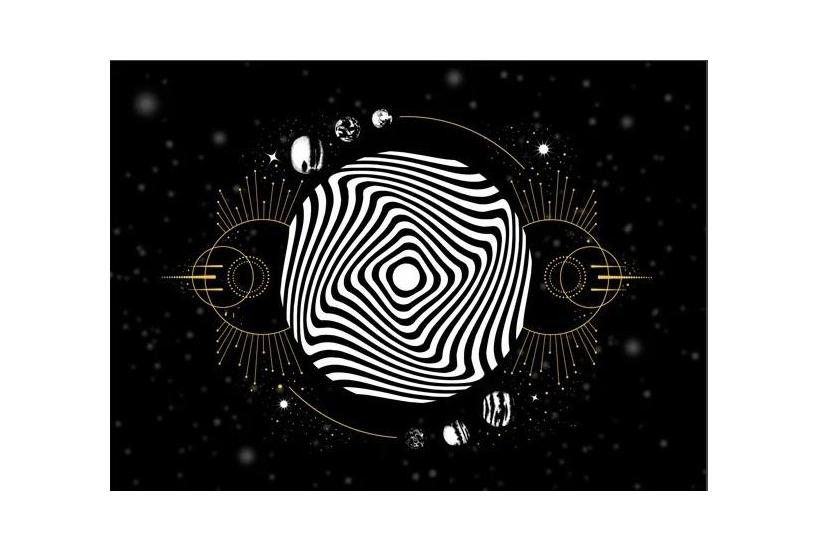The Human Need for Magic
by Carl Abrahamsson, author of Source Magic and Occulture
Regardless if we choose the natural sciences, arts and letters, or any other aspect of human endeavor, the creative spark always stems from a magical place. Even the fairly recent phenomenon of “empiricism” is rooted in creative speculation and desire. That’s one piece of this fascinating puzzle: wherever we look, we see a distinctly metaphysical origin. Chemistry has roots in alchemy; astronomy in astrology; clinical medicine in herbal, “natural” medicine; theater in ritual; art in talismanic manufacture; writing in spell work; psychology in healing; religion in magic; and so on and so forth. This realization made me think that perhaps one should subordinate all these disciplines (perhaps even all academic disciplines) under the banner of magico-anthropology. Exploring this magico-anthropological worldview through writing resulted in my newest book Source Magic: The Origin of Art, Science, and Culture.
Whatever we do in life has motivations that are usually far deeper than the expressed, rational version. The further in ourselves we backtrack, the more clearly we see that there are deep-rooted issues such as “survival” and “power” at hand. The instinctual morphs into the intuitive, which in turn morphs into the rational. It is on these same deep-rooted, instinctual levels that the “magic” exists. I choose to put the word in quotation marks but not to denigrate or diminish its value—quite the contrary. The fact is that it’s a phenomenon so ingrained in the human psyche that our contemporary, colloquial use of the term (so often imbued with banality or even ridicule) simply can’t do it justice. When we talk about magic today, people associate it freely with fairy tales and movie franchises, or even the stage variants. “Mentalism” sounds like a disease but is just essentially a clever appropriation and development of the rabbit in the hat. Magic proper lies much deeper than that.
Magic is a perceptive mind frame, a multifaceted filtering of information, and an expressed, intuitive will churned through an optimized and quite often estheticized understanding of the importance of the irrational, emotional psyche. That magic is so dear to all human individuals has to do with the fact that just like breathing and eating, this mind frame is essential in the true sense of the word; it is needed for survival.
What do we need for survival? On a strictly individual level we need to satisfy our biological needs. But we also need to temper the panic of handling the threatening chaos outside of our corporeal sphere. This requires rational action but also constantly an evaluation based on both sensual and mental impressions.
On a group level it’s basically the same but with an endlessly fascinating factor added: group dynamics. We absolutely realize that we can survive better together but one’s own power within this dynamic or structure is even more important than the group one. From this perspective we have not evolved far at all since the early cave days. The king of the hill rules supreme and gets the foxiest ladies. That is, until there’s a new king! All of the dramatis personae—the king, the ladies, and the new king—use aspects of magic to enforce whatever is best for them. Staged manipulation, sensuality, sexuality, and violence are just blunt euphemisms for ritual, perception, seduction, and catharsis. Or vice versa. At the same time, the players integrate an active use of intuition and reliance on “cosmic proxies” (such as calling on gods, forces, spirits, ancestors, et al.). Whether it’s reflected from fire on a cave wall filled with primordial paintings, or a steady flow of social media posts on a “smart” phone, the messages all convey the same thing: the struggle to be in the best position for one’s own survival and, in extension, for those one sides with (usually the ones who help one survive).
The primordial dog-eat-dog scenarios didn’t really get any better when humans banded together, got the agricultural train rolling, and created BIG religions to alleviate the daily grind by simplified, moral(istic) proxy. In fact, that distancing from the uniquely individual or tribal perspective (which some would call “gnostic”) may have been very detrimental to holistic health. This is because one should never assume that those who claim good are good. They are as involved in their own magical thinking and power dynamics as you are, or wish to be. That this proxy power was developed parallel to feudalism and its integration of serfdom is not a random occurrence.
The occultural waves that are splashing on our impoverished shores these days do so because we need them. These important reminders of deeper layers within ourselves, preferably untainted by religious layers of control, are necessary for us to reevaluate what’s going on. Did someone miss that the planet we’re inhabiting is in dire straits? We could fix so many of its life-threatening problems, but that won’t happen with further distancing from the primordial appreciation of life. We need an active reintegration of that deeper understanding that we are all connected. Holistic bliss. An empirical scientist can claim that it’s beneficial to breathe on a plant because it gets stimulated by our carbon dioxide, and through the overall process of photosynthesis gives us oxygen back. A magical scientist would go further (and often does) and say that it’s not just the breath but also what’s being said that makes the plant say something back. Magico-anthropology always takes a deeper look at any facet of human life and culture, and it’s in that depth that we find the magic we need now more than ever.
On a recent trip to Egypt many of these perspectives literally came alive for me. While traveling down/up the Nile and seeing all the beautiful temples and sites (some of which have survived for five thousand years!), I was struck (again) by the need for magico-anthropological filters. The Egyptian pharaonic culture was one steeped in magical sensibilities, credibilities, and ample abilities. The reason we know this is because of the occultural enlargement of the historical scenario. The pharaonic culture would not have been available for us to study and be inspired by had its amazing, creative prescience (and, yes, pre-science too) not constructed so many magnificent buildings and artworks. The Egyptian magic still affects us—simply because there’s something there to reflect it.
The same could be said for many sites and buildings even within the spiritually more impoverished monotheistic religions. Beautiful cathedrals and mosques over a thousand years old still radiate human ingenuity and inspiration, and definitely with an occultural sensibility. But the present-day representatives of these faiths would never accept such an analysis or association although it’s the easiest thing to fathom. They are too immersed in their earthly power to go beyond any mechanical, physical limits. Their ancestors understood considerably more though, when they were erecting these edifices. They were aware and, to an extent, also respectful of previous powers. Holy sites were very holy for the local people, and for the new imposed symbols to become holy too, they needed to be placed literally on top of the previous and pagan ones.
This ultramagical phenomenon of “constructive desecration” was also very clear to see in Egypt. In many temples and tombs, early Coptic Christians had sought refuge from an assortment of enemies. But they just couldn’t remain grateful and respectful of the magical surroundings that kept them safe and alive. These early Christians had to ritually desecrate these places with graffiti and carvings of primitive crosses. Today some Copts are trying to pay penance by integrating Egyptian wisdom and symbolism in their monastic life and works (such as the interesting and totally magico-anthropologically sensitive Bishop Thomas at the Anafora Monastery, just outside of Cairo). Today, as if by some strange twist of karmic fate (or pharaonic curse), the Copts are more persecuted in Egypt than ever—although by Muslims, not by people of the old Egyptian religion. What goes around comes around in whatever shape, I guess.
What I’m saying is that not even the major religions can eradicate the individual’s need to relate to the world magically. “Magical thinking” is usually looked upon as being something negative, but on a deeper level everyone knows that each empirical or tangible success stems from the same source or sphere as the child playing. The components of this are the inner spheres of fantasy and desire; of empathy and imagination; of individual will and creativity. How we actually deal with the findings of those processes is what constitutes our individual identities in life. When we are aware of what we desire beyond the most primordial state of yearning, and apply our own creativity (no matter how primitive it may be), together with a formulated will, we have a timeless formula for human greatness and success.
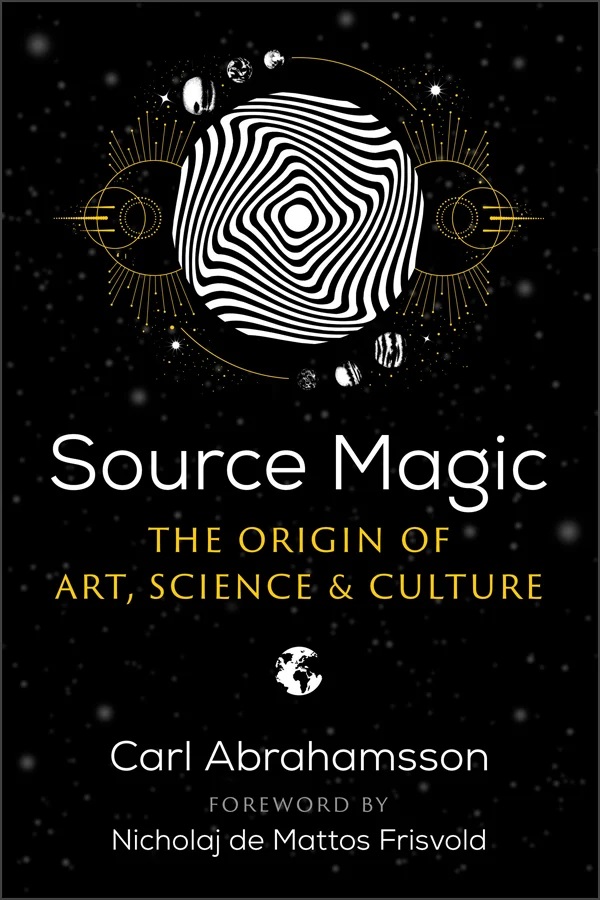 |
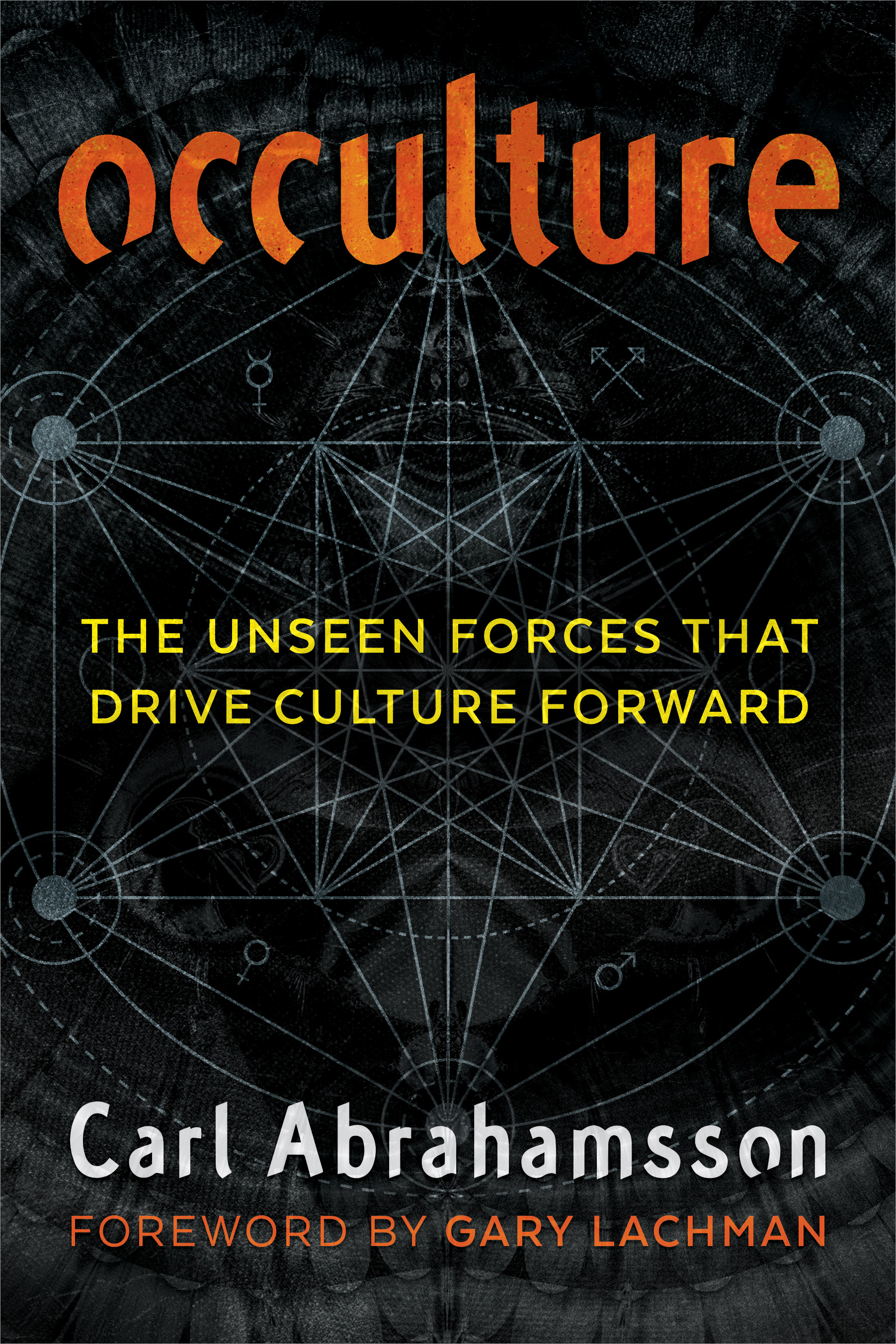 |
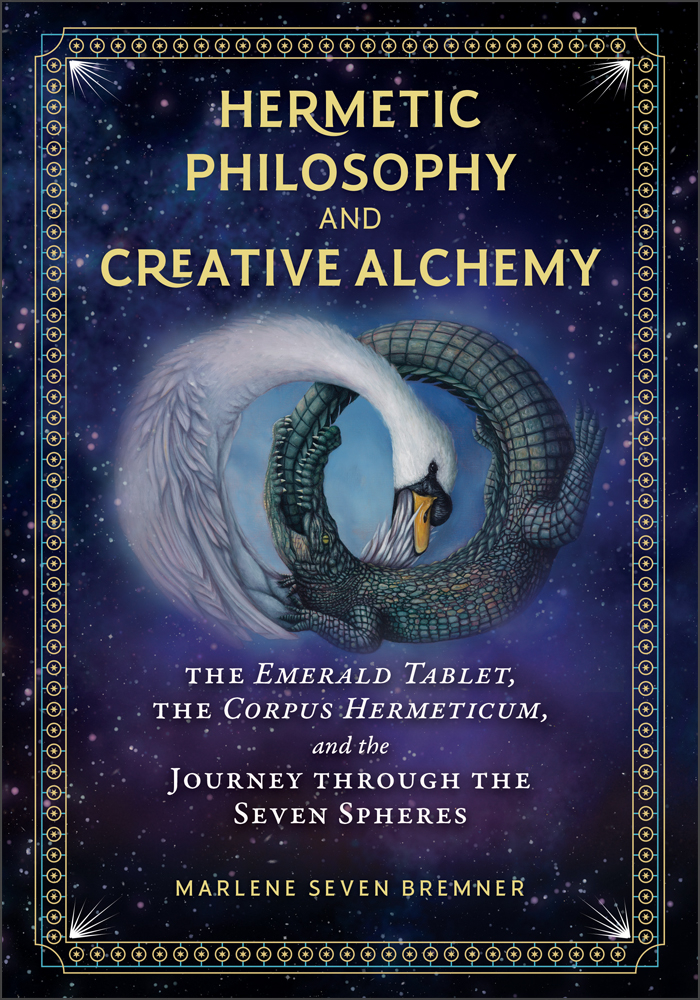 |
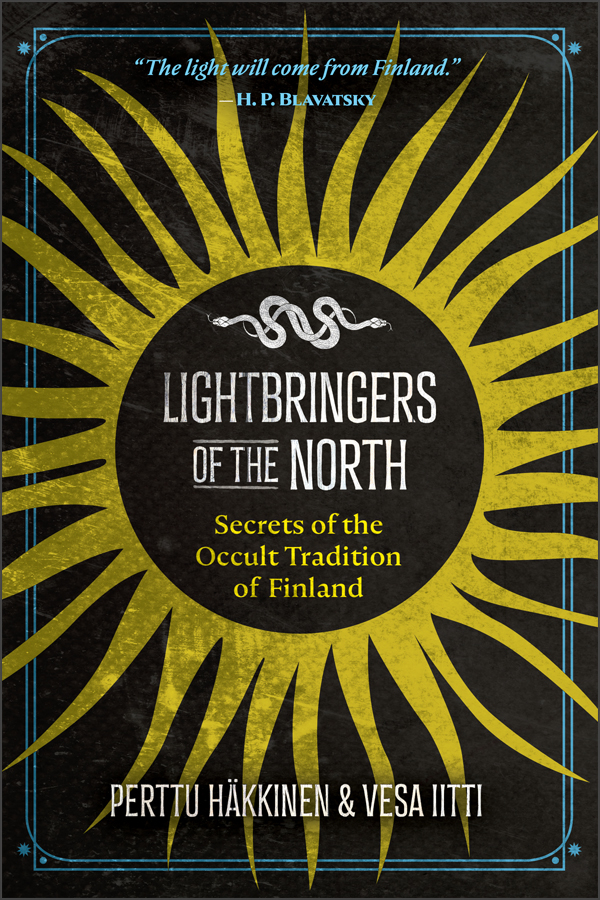 |
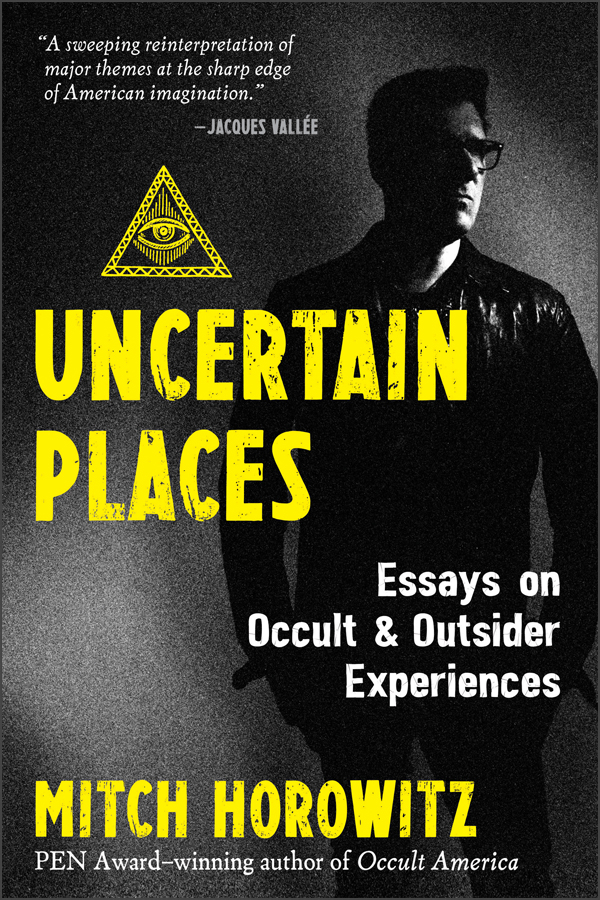 |


